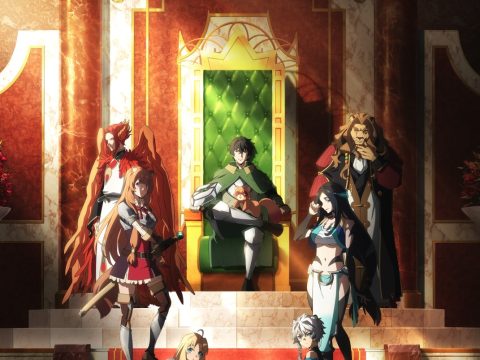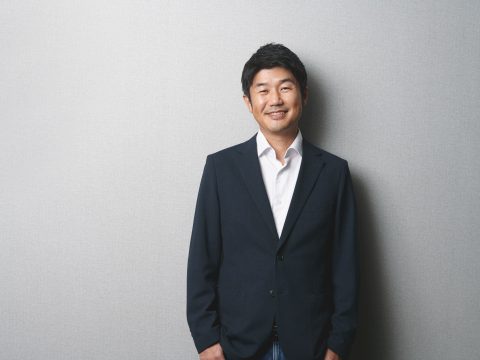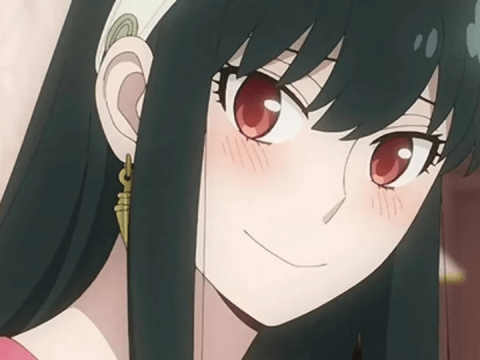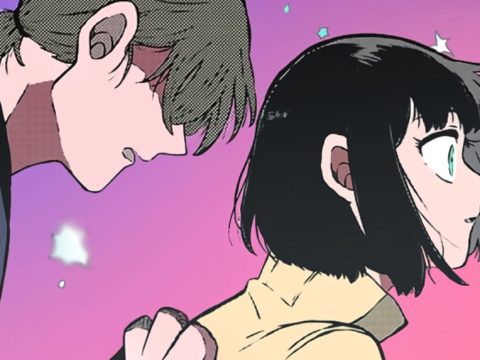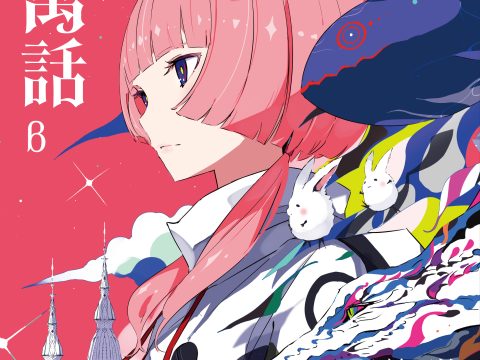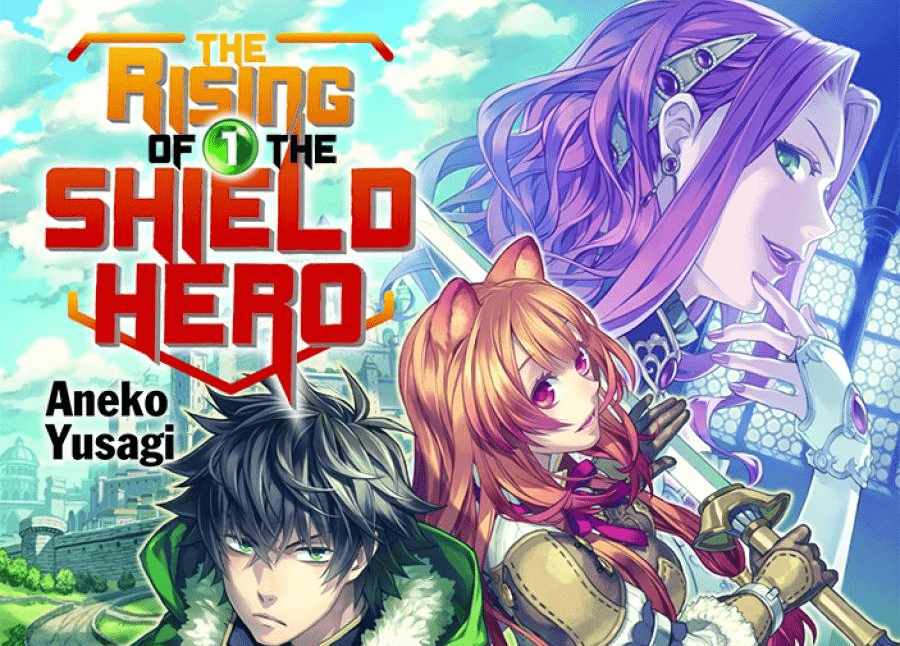
One Peace Books just announced that the first book in The Rising of the Shield Hero light novel series has received an audiobook, and it’s available on Audible, Audiobooks, BookBeat, Hoopla Digital, Libro, and YouScribe. Professional actor Kurt Kanazawa is the book’s narrator, and he spoke to Otaku USA about his training, his approach to doing audio books, and some of his favorite anime.
As an actor trained at Juilliard, how did you approach doing this audiobook?
Thank you for this question, I love it! My graduate degree from Juilliard is in singing (G.D. Vocal Arts) and there’s a genre of opera singing called lieder in German, chanson in French, or art songs in English. It’s essentially a solo recital, where one singer, along with one pianist (or, sometimes an orchestra ensemble), tells a short story, or a series of short stories, without any costumes or scenery. My favorites include Faure’s tragic song cycle L’horizon Chimerique or Schumann’s terrifying Belsatzar or anything Debussy. Anyway, for me, audiobook chapters are like art songs, though instead of a pianist, I’m working with an ensemble of amazing sound engineers. So, yes, my Juilliard training impacts the approach I take today as an actor, writer/director, and, audiobook narrator.
You’ve done a few audiobooks. How is this different from the live-action and theater acting you’ve done?
Wow. Another great question! In stage-plays or television or film, we never physically speak as much as we do in an audiobook. A major difference! Also, in live-action and theater acting, our bodies do a lot of the storytelling work. For example, [when I was] on Grey’s Anatomy, when my nose is bleeding, I just… bleed. Versus telling you about how I’m bleeding, and on which parts of my clothes, and all of those other cool deets.
On a practical level, you have a “neutral” audiobook narrating voice when the book is written in third-person. But, what I loved most about The Rising of the Shield Hero was that it was written in first-person. Some of my other favorite recordings—like Traci Chee’s We Are Not Free (National Book Award Finalist and AudioFile Magazine Award-Winner) and LA Theatre Works’ productions of No-No Boy and Sisters Matsumoto—are all told from a first-person perspective, as well. I especially love those three historical fiction works as a nikkei yonsei (fourth-generation Japanese American) myself.
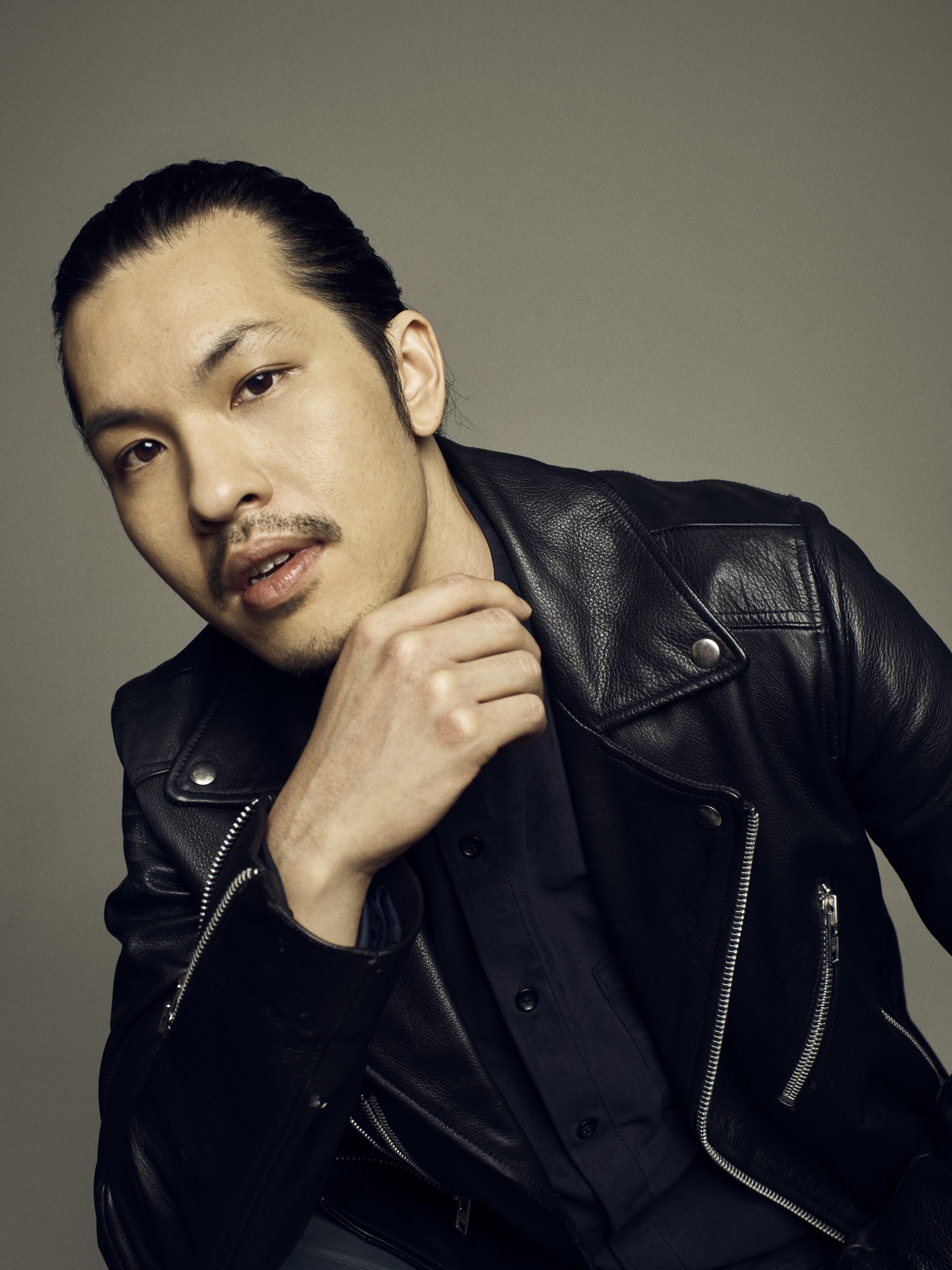
How do you bring the different characters to life while narrating The Rising of the Shield Hero?
Watching the first season of The Rising of the Shield Hero in Japanese was extremely useful to finding the voices of Naofumi and especially Raphtalia, the latter of which I probably would have done terribly different without! Also, Aneko Yusagi (and the excellent translation) created such an endearing world to work with, that it was easy to just fall into voices within the context of every scene. Living in it was fun!
What did you enjoy most about narrating The Rising of the Shield Hero?
Naofumi and Raphtalia were so enjoyable to play, and also difficult because they have completely, COMPLETELY different registers of speaking! Raphtalia’s last chapters were also very moving, if excessively tragic. To be honest, I’m a sucker for melodrama as well, so Naofumi’s tantrums were something I could access, probably a little too easily!
Are you a fan of anime and manga? Do you have any favorites?
I grew up on Pokémon Red and Blue! Yes, I still have my trading cards. No, you cannot have my holograms. Recently, I’ve loved Attack on Titan (the music on this show is so good), and my boyfriend and I have occasionally been watching Castlevania. I wish I could watch more too, all the time, but between auditioning and writing/directing myself, I’m relegated to quickly enjoying things over the shoulder of my boyfriend before bed on his iPhone, which is how I’ve thoroughly enjoyed Fullmetal Alchemist. Haha.
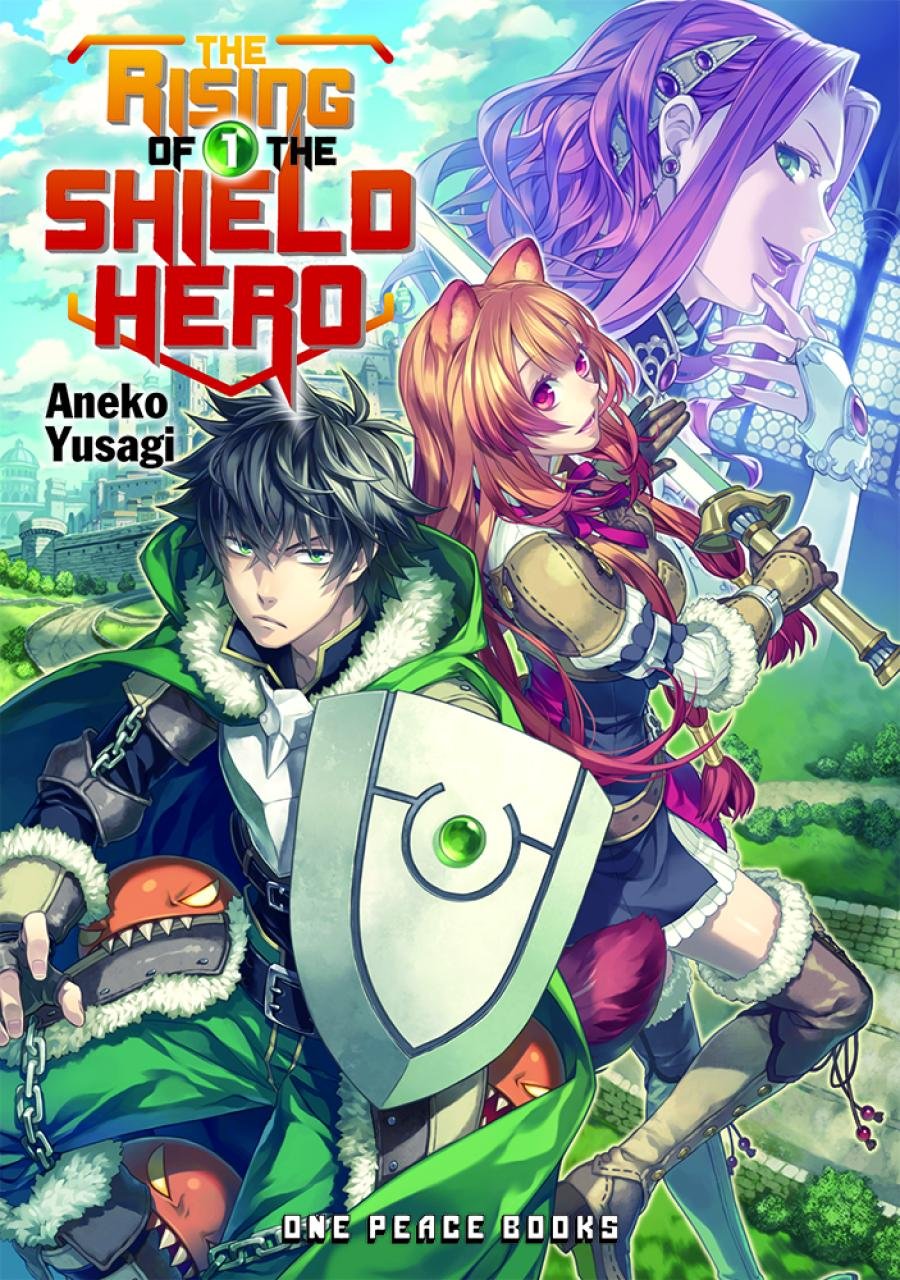
Where can people find more of your work?
Acting-wise, I play the title role in A Life In Pieces: The Diary and Letters of Stanley Hayami, a Virtual Reality film directed by Nonny de la Peña, PhD, and created by Sharon Yamato, that just premiered at the Tribeca Film Festival (Immersive Category, 2021). The film will be presented at the Japanese American National Museum in Little Tokyo here in Los Angeles, now through January 2022. I also guest star on a Cartoon Network show and have more audiobooks I’ll narrate and direct down the line. Ultimately, I audition. Manifesting that big ass television series role. And it’s coming.
Writing/Directing-wise, I won a fellowship to write a pilot script about my grandmother, Shimeji Ryusaki Kanazawa, who is known as “The Florence Nightingale of Hawai’i” for her work during World War Two. What keeps me up at night is all the American history—especially about People of Color—that’s been suppressed, including long histories of Black and Asian solidarity since the early 1900s (and continuing today), that has never been spotlit on a major film or television series. To that, I directed a short film, which I co-wrote with my boyfriend, Tramayne Tirrell, called Lights Out, which has just been accepted to a festival! We’re very grateful.
Thank you for taking the time to interview me, and for these amazing questions. I appreciate it! And I so enjoyed the story of The Rising of the Shield Hero Volume 1. Thanks to One Peace Books and Deb at Deyan Audio for giving me this opportunity.
You can check out a sample of the audiobook below:
____
Danica Davidson is the author of the bestselling Manga Art for Beginners with artist Melanie Westin, and its sequel, Manga Art for Intermediates, with professional Japanese mangaka Rena Saiya. Check out her other comics and books at www.danicadavidson.com.


